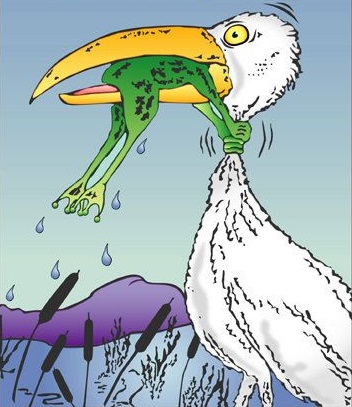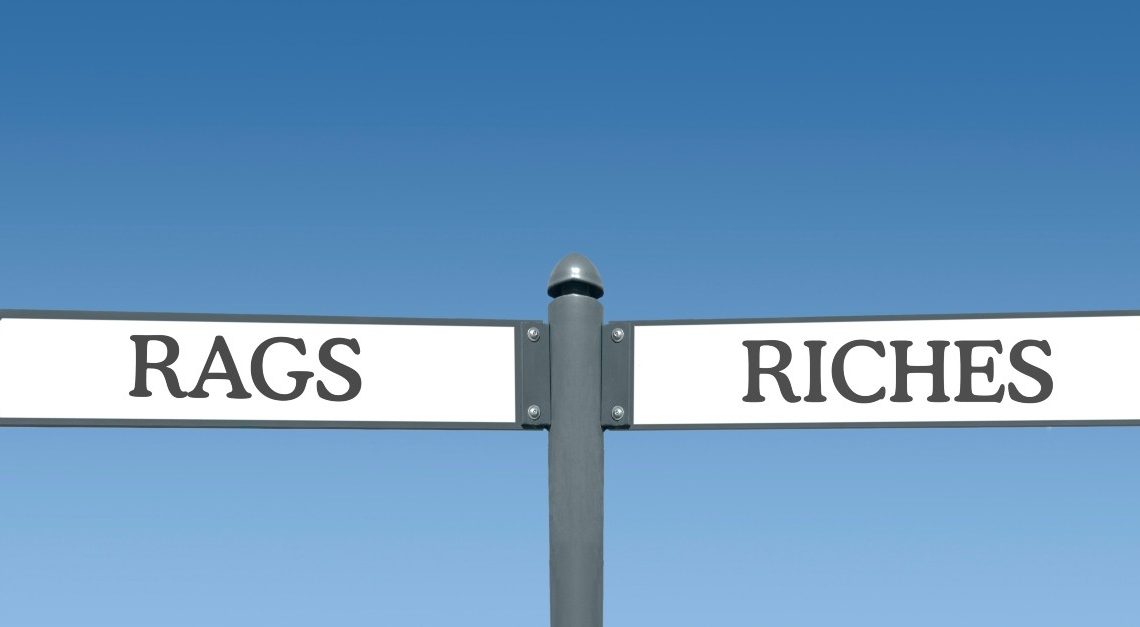
Last week I was wrote about gratitude and the shift to a motivational gear seems to have been well received. In these difficult times, we all need to have another perspective of things. We shall return to economics and life’s’ other vicissitudes next week. For now let me talk about the gumption we need to get through this – resilience.
Over and over again, we are told about how such and such a person has become successful. What we are usually not privy to in the narration of these tales are the long and painful hours of effort, repetition and rising from setbacks. Life is not linear, and neither is success. The ability to overcome obstacles, stress, and other environmental threats is what resilience is about. Until one is faced by hardship and displays the character to emerge and even be better, we can never know if one has resilience. Resilience is about not succumbing. It is about surmounting the hurdles that are placed in our way.
If there is one attribute that marks successful people from others, it is resilience. Angela Duckworth in her book Grit: The Power of Passion and Perseverance, argues that when it comes to how we fare in the marathon of life “sticktoitiveness” counts more than anything else. She calls it grit. She recites the ‘parable of the bricklayers’ in which three of them are asked “what are you doing”. The first replied “I am laying bricks”. The second says “I am building a church”. The third says “I am building the house of God”. The first has a job. The second has a career. The third has a calling. This ability to live and work with a sense of purpose is necessary to be able to get through these hard times. “To be gritty is to keep putting one foot in front of the other, despite the odds. To be gritty is to hold fast and purposefully to your goal. To be gritty is to invest, day after week after year, in challenging practice. To be gritty is to fall down seven times and rise eight.”
Have you ever wondered what happened to some of the cleverest chaps in your school? Do you also recall the slow plodding ones, who seemed to barely keep up? Ask where the two types are now. You would be surprised to find that it was not those who shone brightest who eventually rose to the top of the food chain. Rather it is the resilient ones, the ones who kept on doggedly following their dream, one day at a time. Our own education system punishes us for making mistakes. Failure is frowned upon. We are taught day in and day out to follow the rules. Following the rules helps you get good grades, a University education and eventually employment. That guarantees you a life of mediocrity if you are not driven. But at the end of a lifetime of work, school fees and keeping up appearances, there is usually not much to show. On the other hand, the ones who plod along slowly, end up in business employing others and sometimes prospering purely because of their industry. Do not get me wrong, if you are educated, you are more or less guaranteed a reasonable measure of success. But it is the ‘no-hopers’ here who are usually the surprise dark horses. The ones who ‘failed’ at most conventional things.
Failure is not necessarily a bad thing if we can learn from it. Those who fail over and over again but rise up every time, show tenacity and character. They have mastered their will, heart and mind. At the intrapersonal level, they have, according to Duckworth, grit, self-control and self-management. At the interpersonal level they have a sense of gratitude, social intelligence and ability for social management. At the intellectual level, they are the ones likely to develop curiosity, zest and be completely engaged with what they do.
Samuel Sejjaaka is Country Team Leader at Mat Abacus Business School. Twitter @samuelsejjaaka



